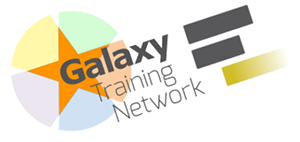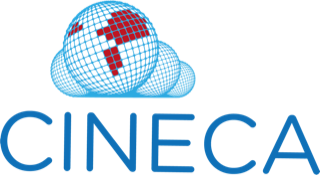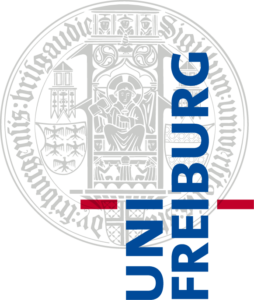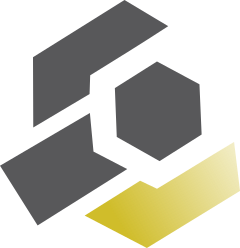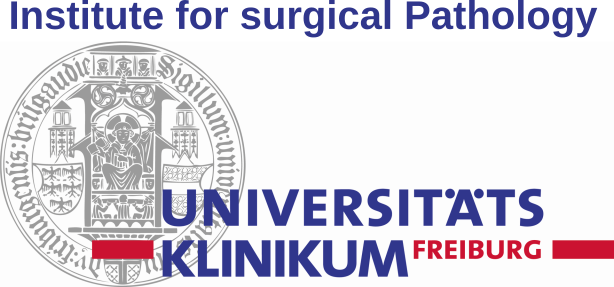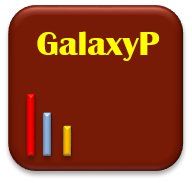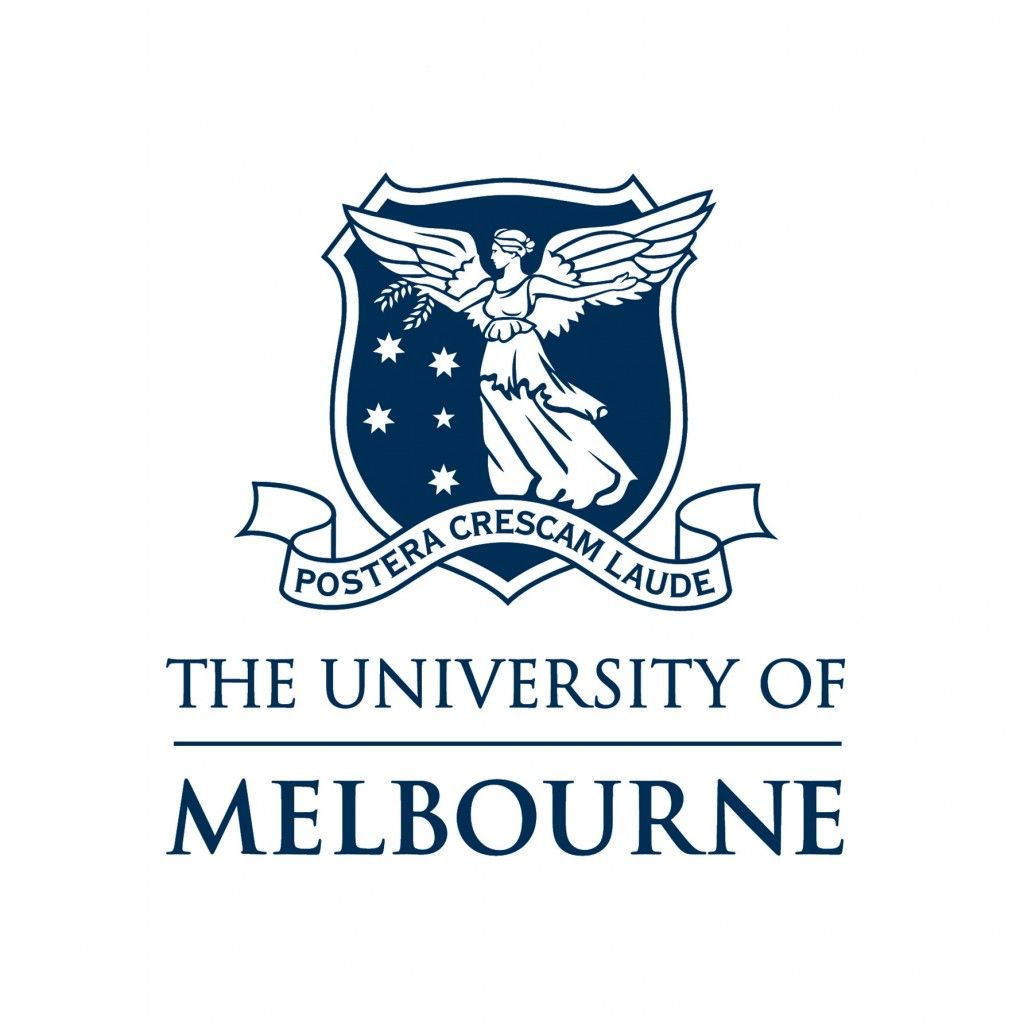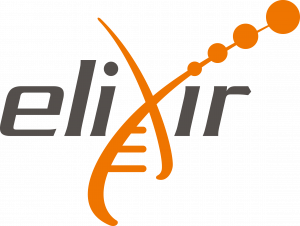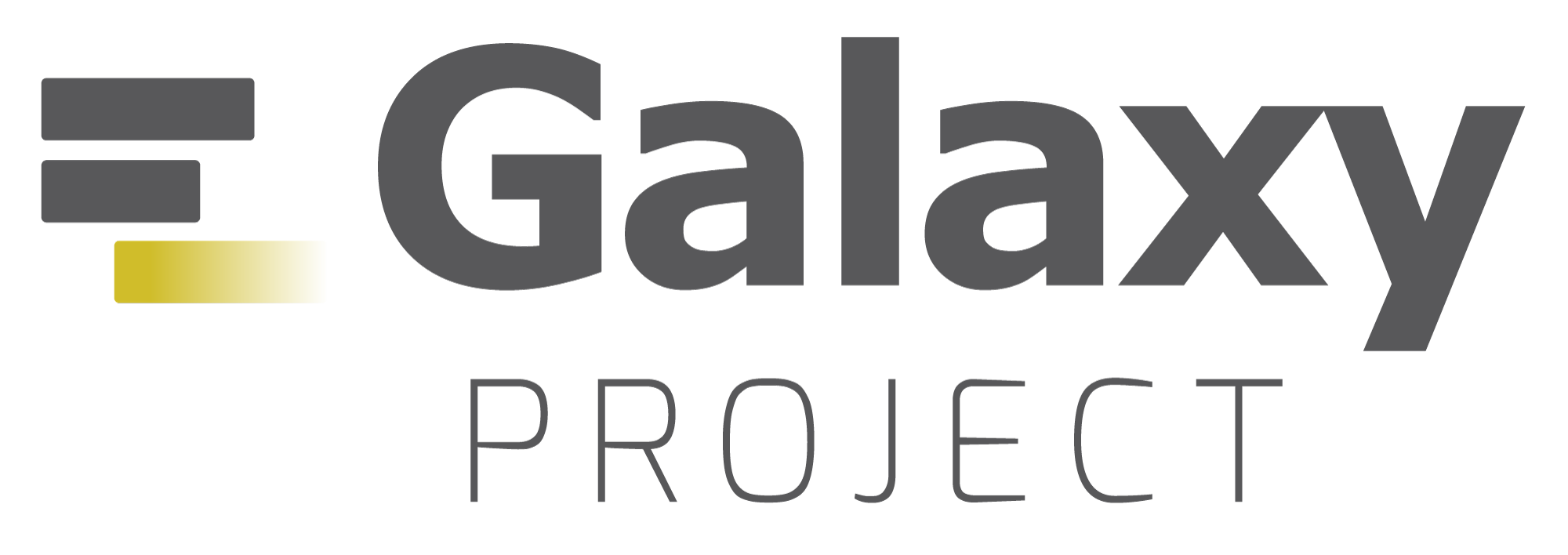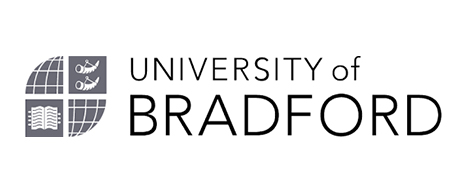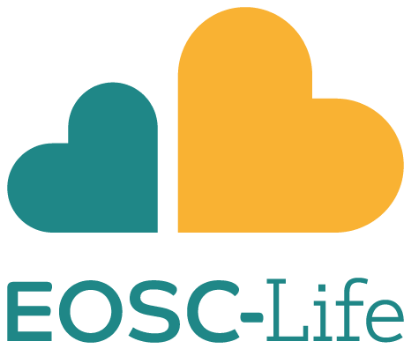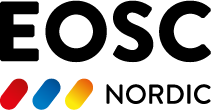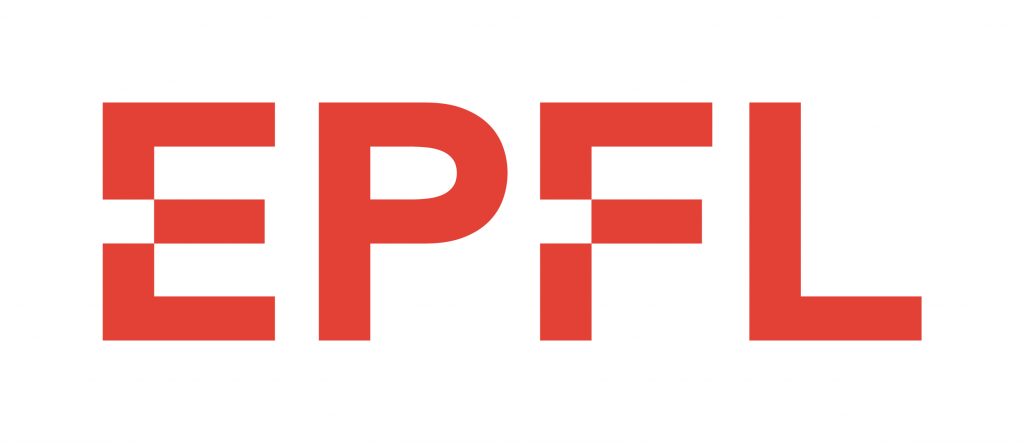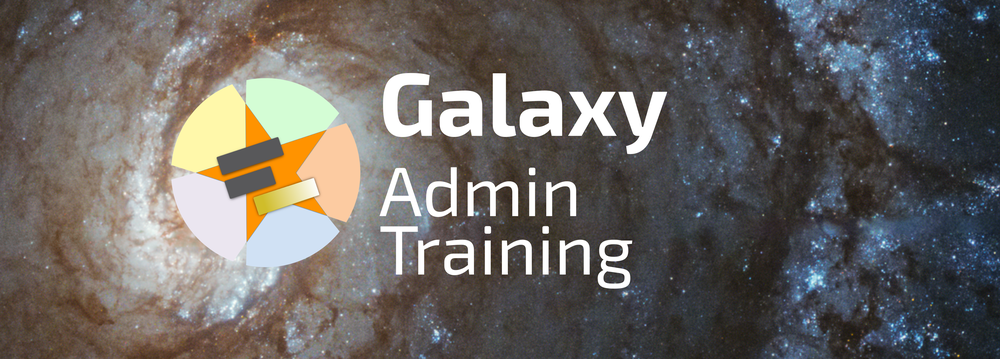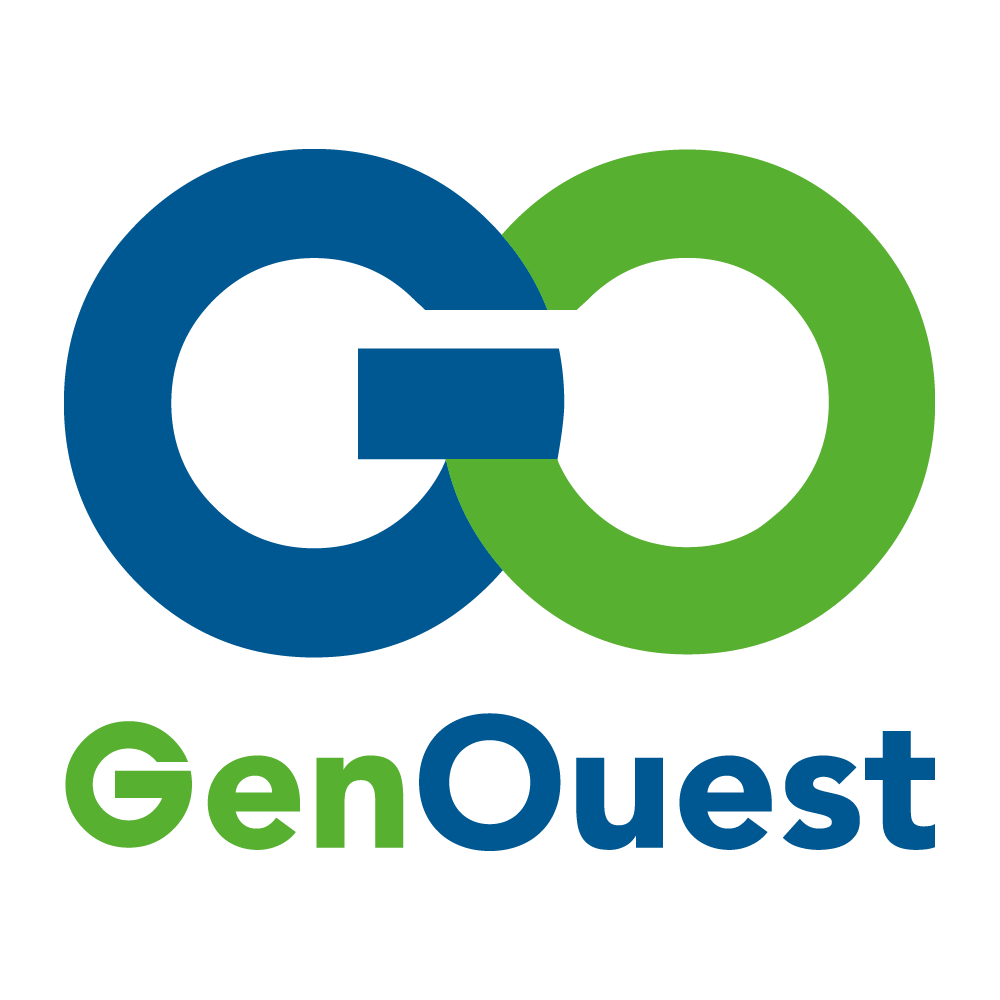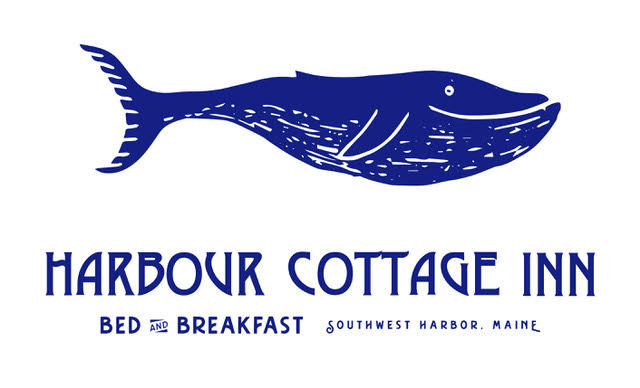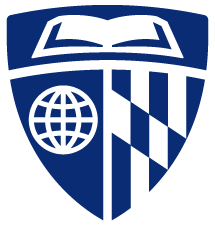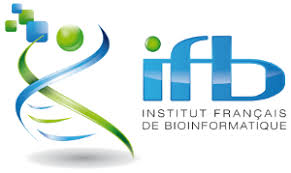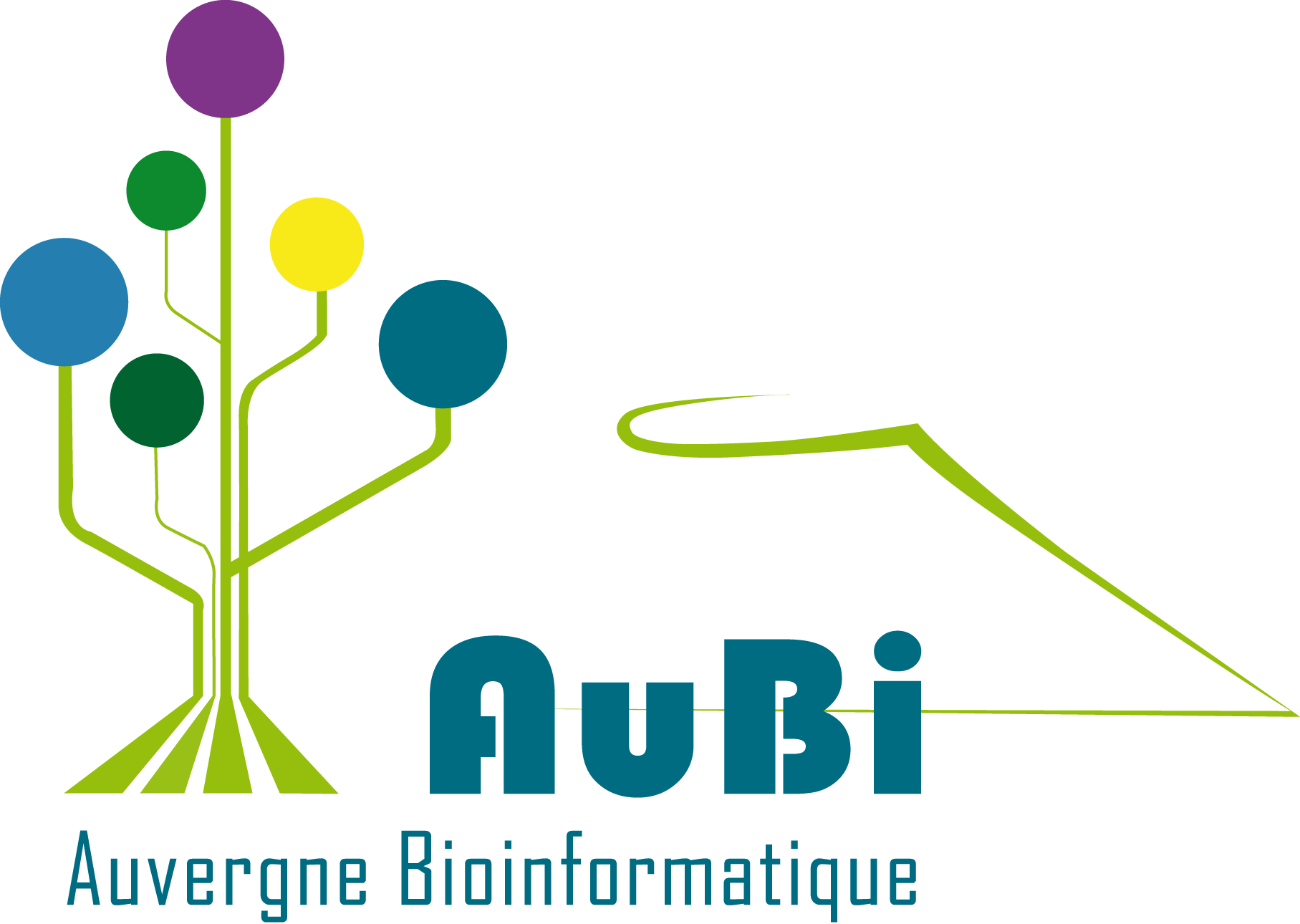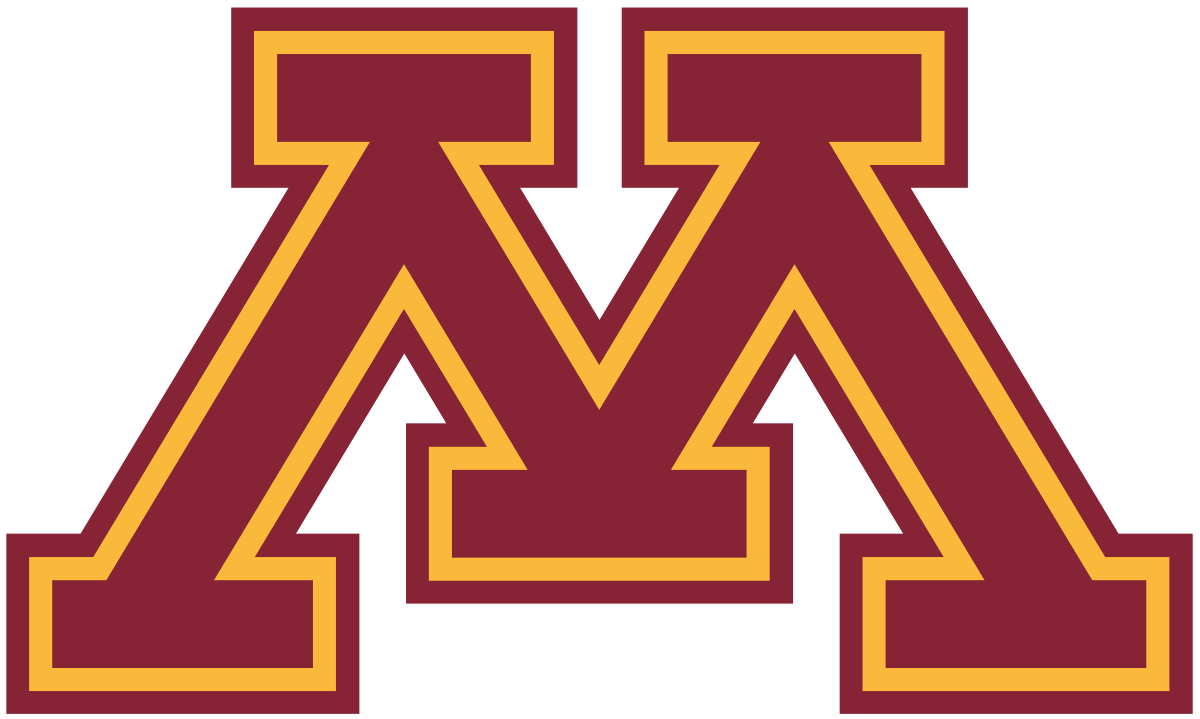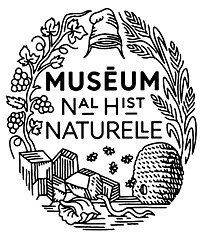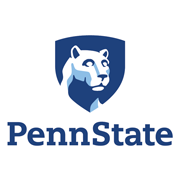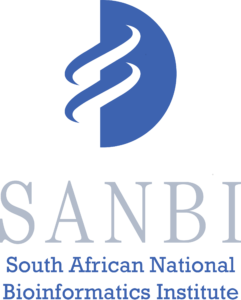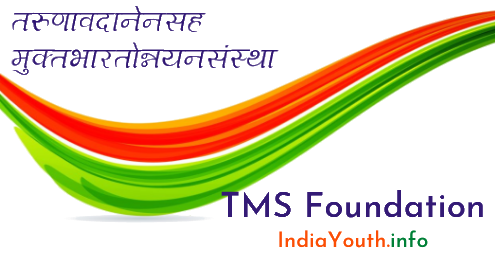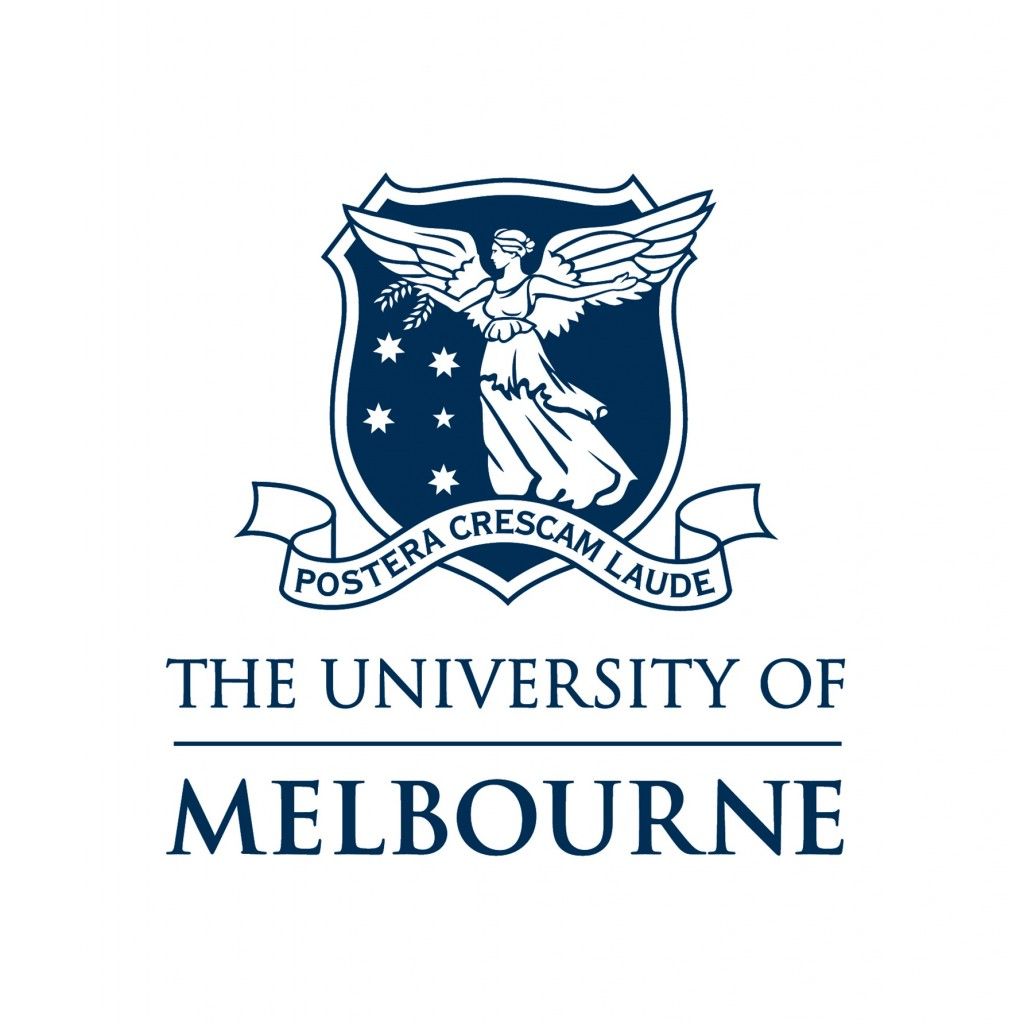GTN Smörgåsbord: A Global Galaxy Course
The Gallantries has just run the largest-ever Galaxy training event: “the GTN Smörgåsbord: A Global Galaxy Course”, co-organized with the CINECA project and the Galaxy Training Network. We discussed our plans a bit in our previous post about the Admin Training which we were using as a testing ground for our methodology. We scaled that approach up for Smörgåsbord and it was absolutely incredible!
Exponential Growth
We had an unbelievable 1189 registrations from 76 different countries around the world. 583 of these joined Slack (chat platform) which we used to communicate during the event, surpassing our expectations.
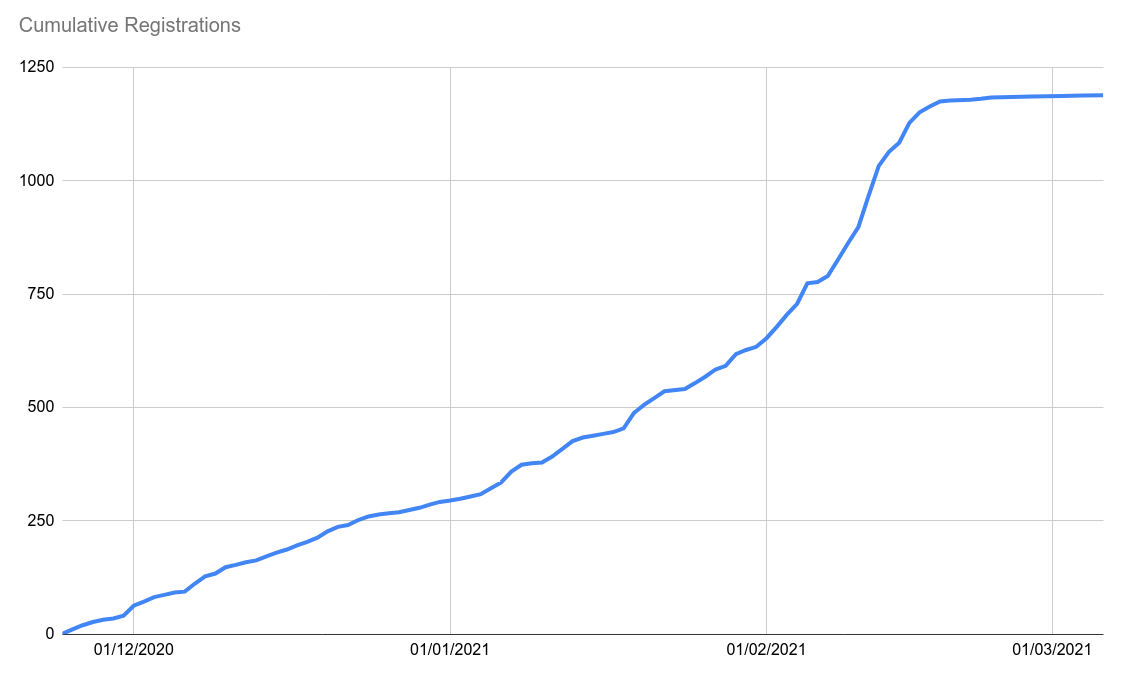
We had originally been planning a small 20 person workshop in ErasmusMC when the COVID-19 pandemic struck. The workshop kept getting pushed back further and further, until it became clear that the pandemic would prevent in-person events for quite some time to come, so we decided to move the course online. Some Australian Galaxy community members got in touch saying they were interested in co-hosting this event, and that their communities were desperate for Galaxy training, in particular proteomics and mass spectrometry training. So we said: “Sure! We’ll open this up to everyone!”, and before we knew it we were planning a global, 24/7 event covering all time zones.
With instructors and organisers from the CINECA project, the Gallantries, and the worldwide Galaxy training community, we developed a workable plan for an online, world-wide event. For this event we decided to go fully asynchronous. This meant having all training materials online, including pre-recorded videos, slides, hands-on manuals, and of course the Galaxy servers to run the tutorials on.
This format meant participants could follow along at their own pace, and on their own time schedule, allowing it to be combined with other activities such as work and child-care responsibilities. The program also reflected this flexibility, with most days consisting of stand-alone modules, that could be skipped if participants were not so interested in that particular topic, and followed on any day of the training week if needed. With all the materials being publicly available online, participants also knew they would be able to continue with the course after the event if needed, relieving some time pressure.
Due to the existing focus on supporting self-study in all our GTN training materials, and the focus of the Gallantries project on creating broadcast-friendly materials, this switch to this virtual asynchronous format was relatively painless.
So our community got together and organised the Smörgåsbord!
Participants
We had registrations from around the world
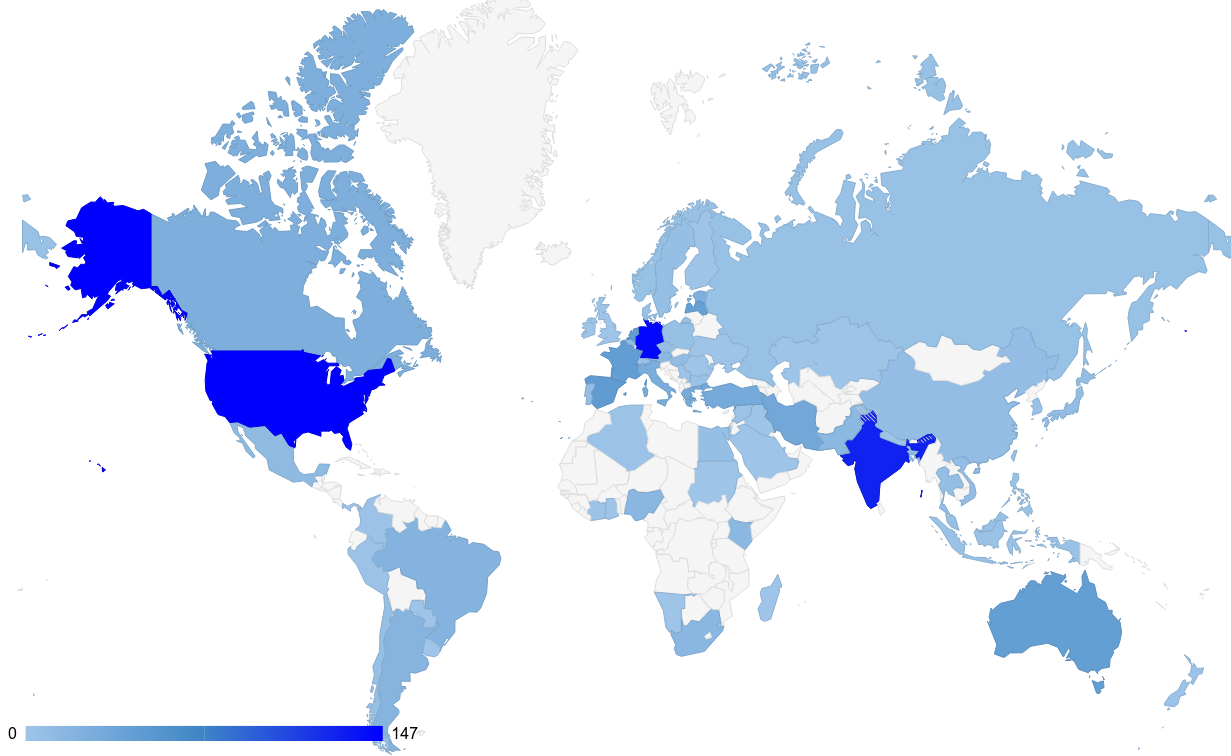
Following a gender balance that largely reflects that of the human population which was excellent to see:
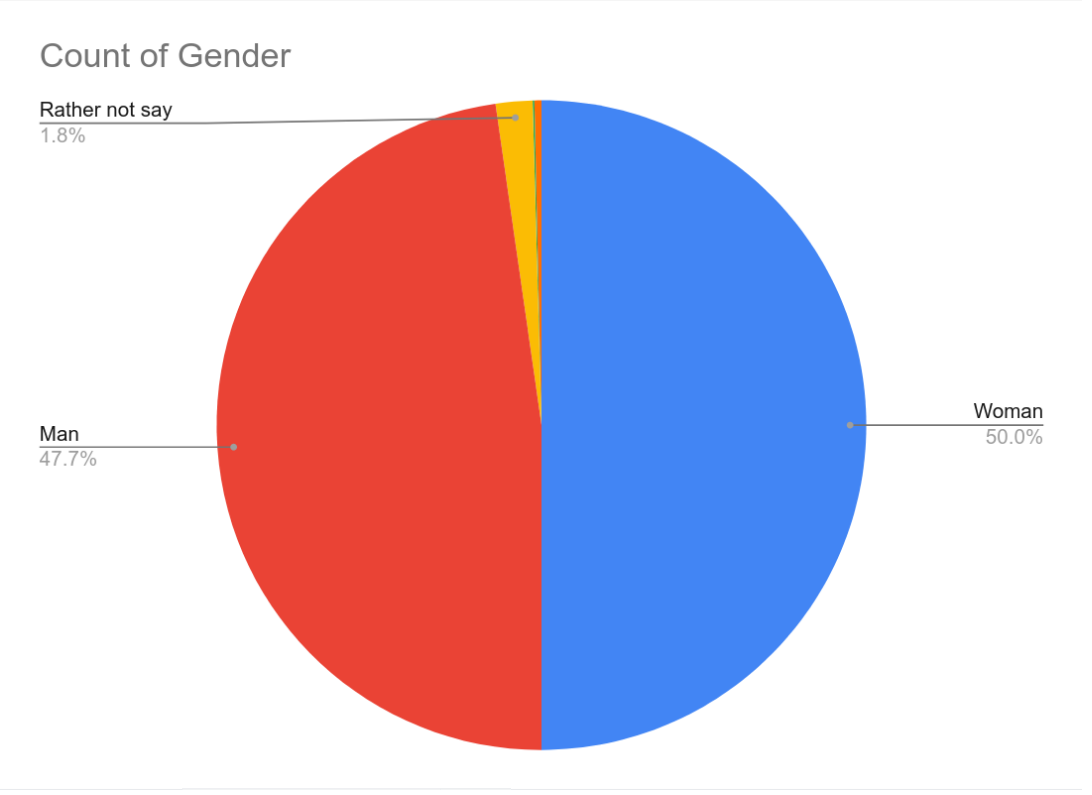
Course Website
All the content for the course was collected on the course webpage, which served as the main entry point for participants. Here all the information needed to follow the course was presented. Participants could view the program, find links to the videos, slides, training manuals, Slack channels, FAQ documents and all other relevant information for each of the sessions.
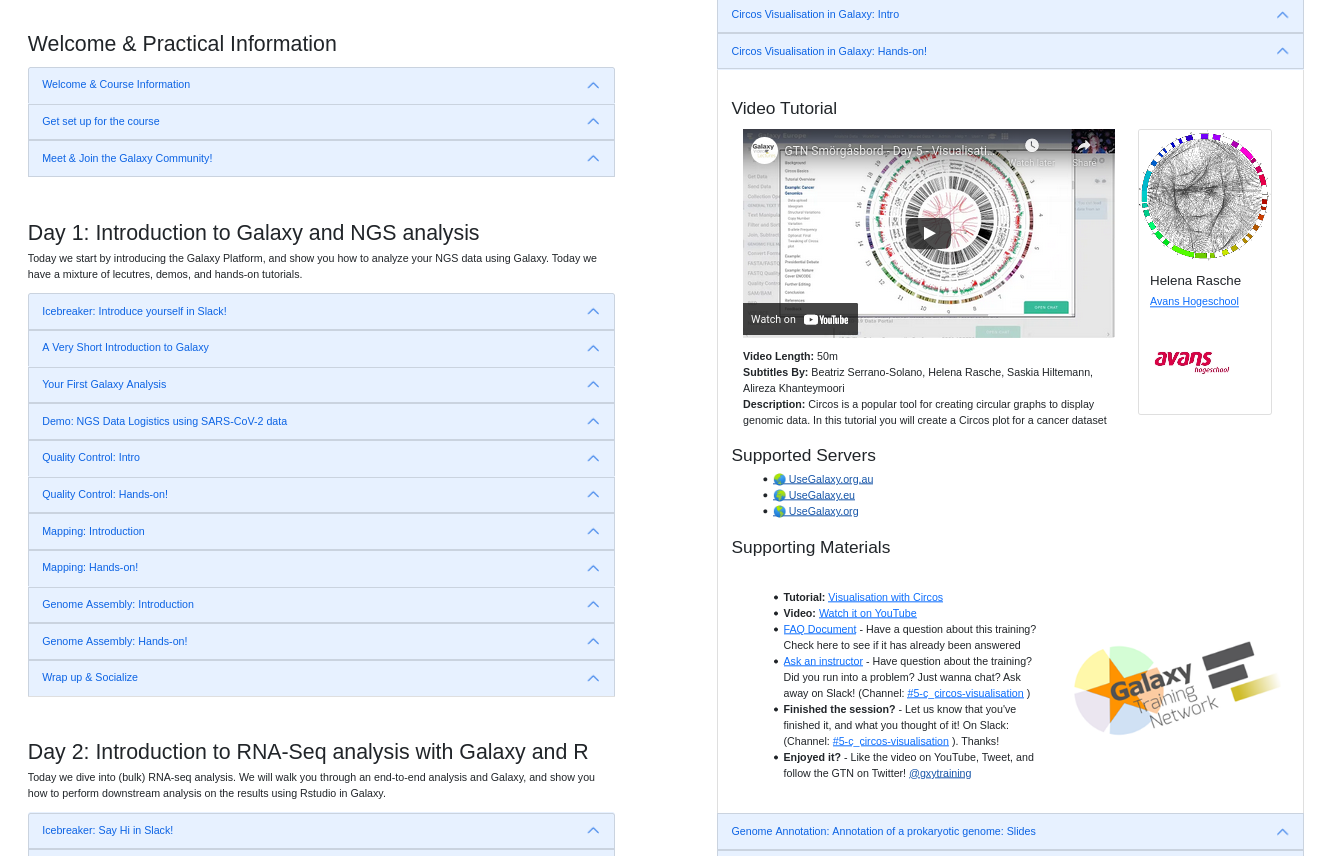
This webpage was completely public, and has remained online ever since the event. This means that participants can continue working through the materials after the course, and anybody can now use the materials for self-study, even if they did not participate in the original event.
This course webpage was created using Jekyll, with source code publicly available on GitHub. We are planning to create a template repository based on this work to allow for the easy re-use by other instructors planning similar online Galaxy events.
Videos
The main innovation with this event was the asynchronous nature. We pre-recorded all training sessions and made them available on YouTube for our students. This enabled us to provide subtitles for the videos, which was extremely valuable for the accessibility of the event, given the world-wide nature and number of non-native English speakers that would participate in this event, both as instructors and students.

| Subtitles | Plays | Watch time (hours) |
|---|---|---|
| off | 4,178 (58.2%) | 837.2 (54.0%) |
| English | 2,999 (41.8%) | 710.5 (45.9%) |
For our 25 hours of video, by watch time, 45% of our users watched with subtitles.
Slack
Activity on Slack during the event was quite high. As seen in the following graph, students largely worked on the tutorials assigned for that day. The RNA-Seq module sees questions asked primarily on day 2 when it was scheduled, day 3’s scRNA only primarily saw questions on day 3, etc. We did not expect everyone would keep to the schedule so closely. The only exception is the Day 1 content where many students started late and were catching up on the tutorials.
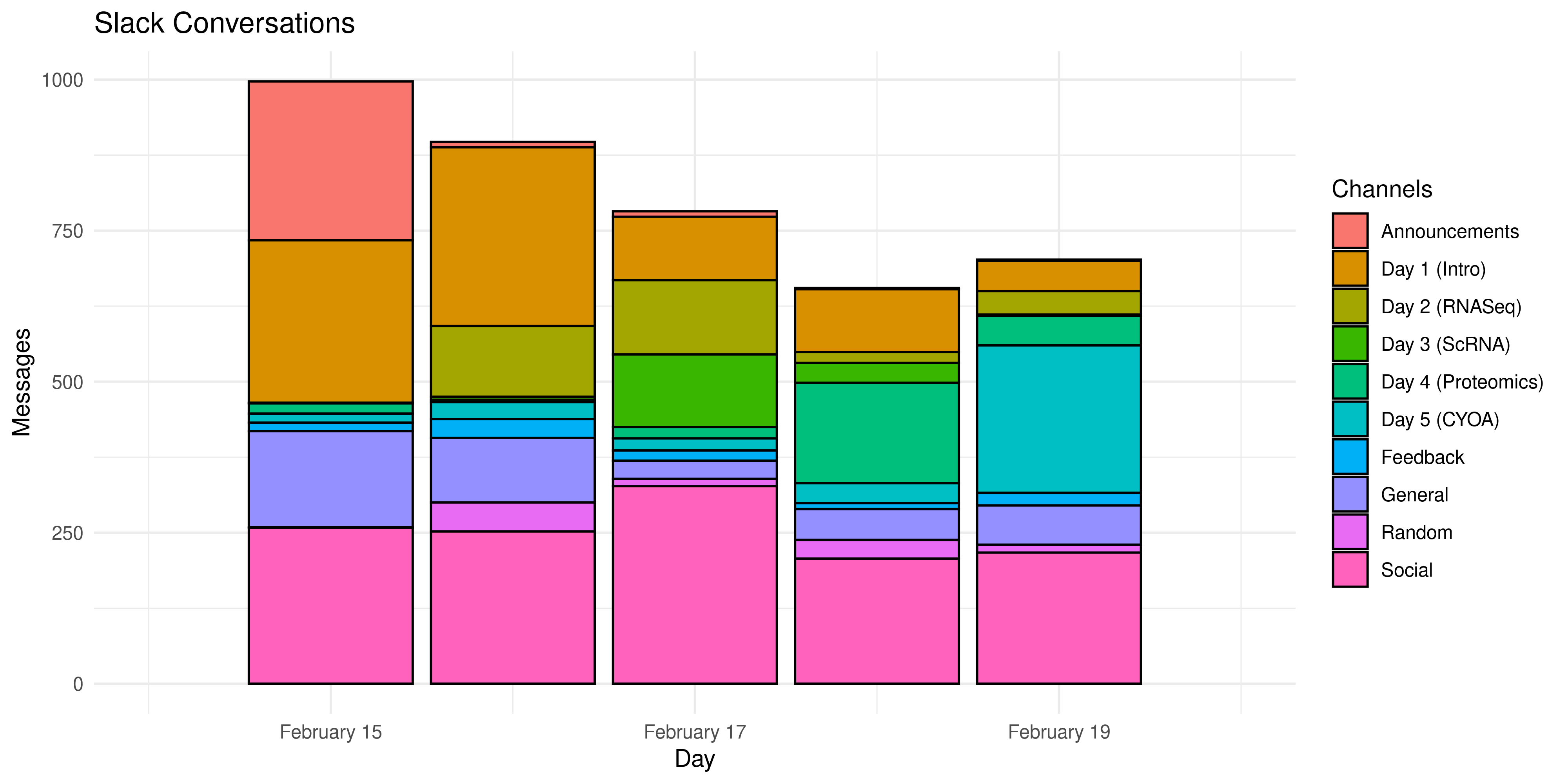
In order to encourage engagement in Slack, we posted daily icebreakers during the event:
- Introduce yourself, tell us where you’re joining from, and one thing about your surroundings (e.g. it’s snowing outside, there’s a squirrel on my porch, my cat is on my keyboard)
- Share with us how your 5-year-old self would have finished this sentence: ‘When I grow up, I want to be …’ (and what you are actually doing now that you’re grown up)
- Share with us your favorite dish (food or drink) bonus points for recipes! ;)
- Please let us know what you favorite thing about the course is so far.
- Share one of your favorite books, TV shows, movies or games that you would recommend to others.
These were absolutely fantastic for student engagement during the event. It let them share something and others comment on it, fostering discussion in what could otherwise a very isolating experience working along in your home or office. Overall this created a very positive environment with lots of interaction among participants and between participants and instructors.
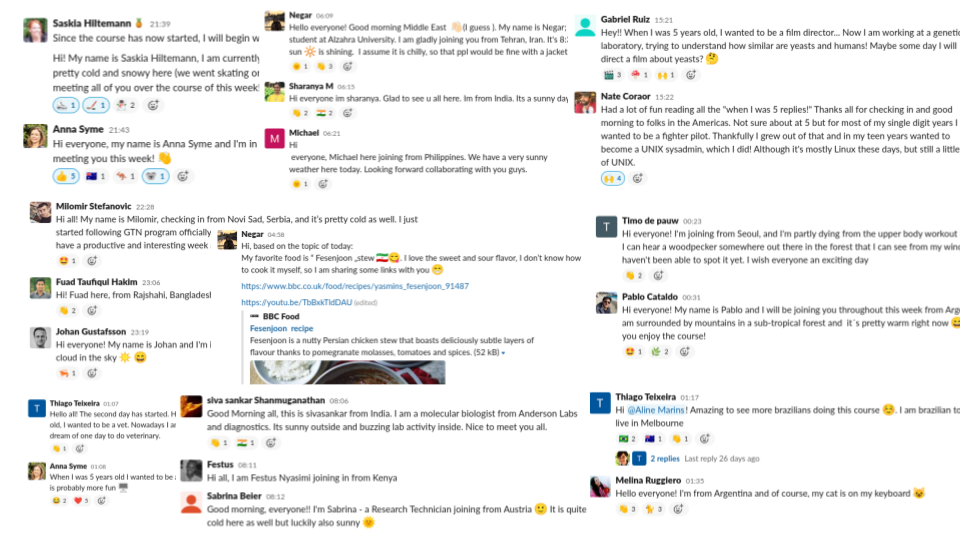
The wordcloud we generated from the many emoji reactions used in Slack over the week reflected this feeling of positivity:

And amazingly the event being officially over did not discourage participants! People were so excited for this event they continued to register after the event had begun, and continued chatting the next weeks, supported by our volunteers.
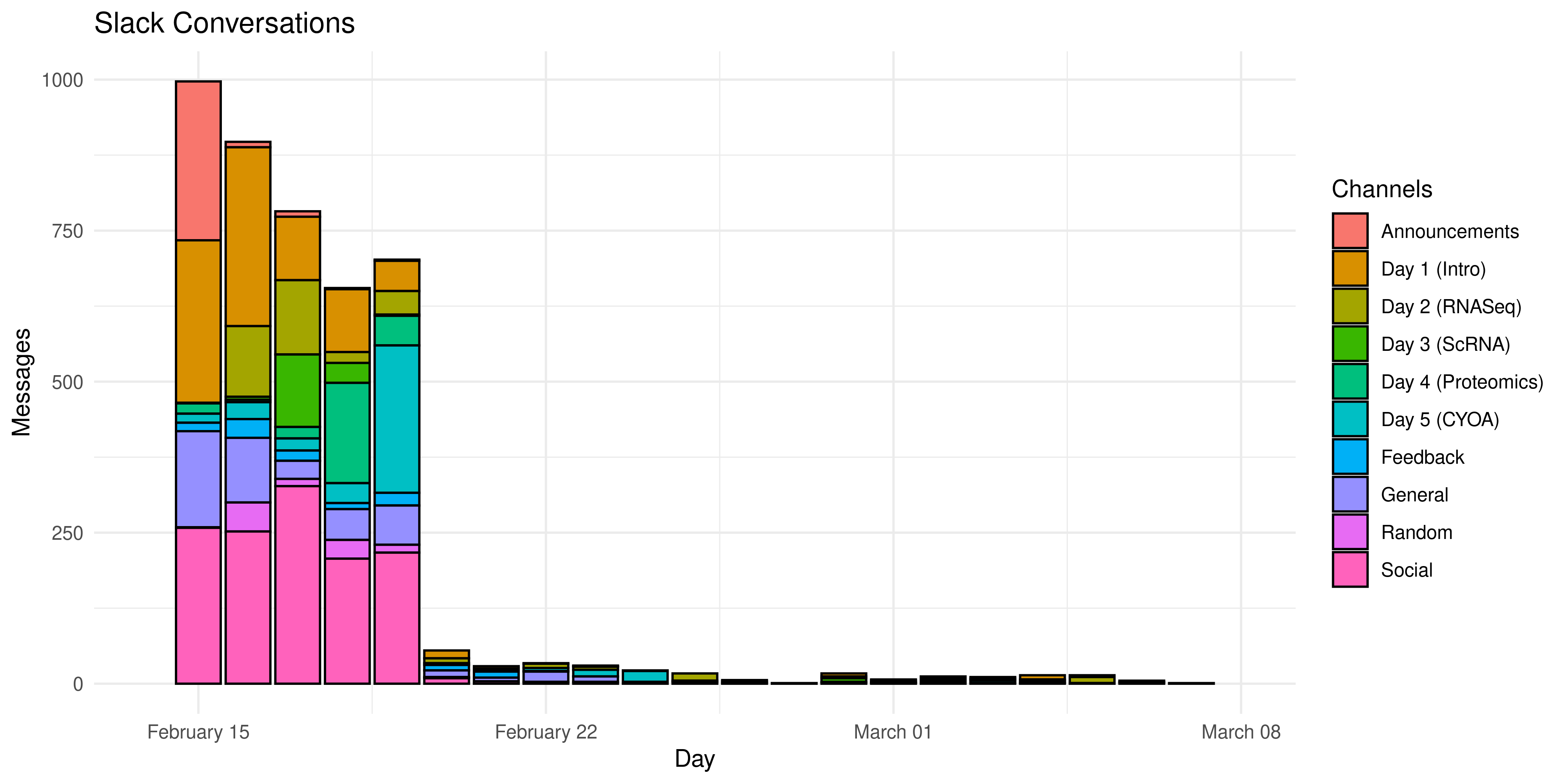
Instructors
The logistics of organising instructors across such a wide arrange of time zones was not a simple task. We identified over 60 instructors covering all time zones.
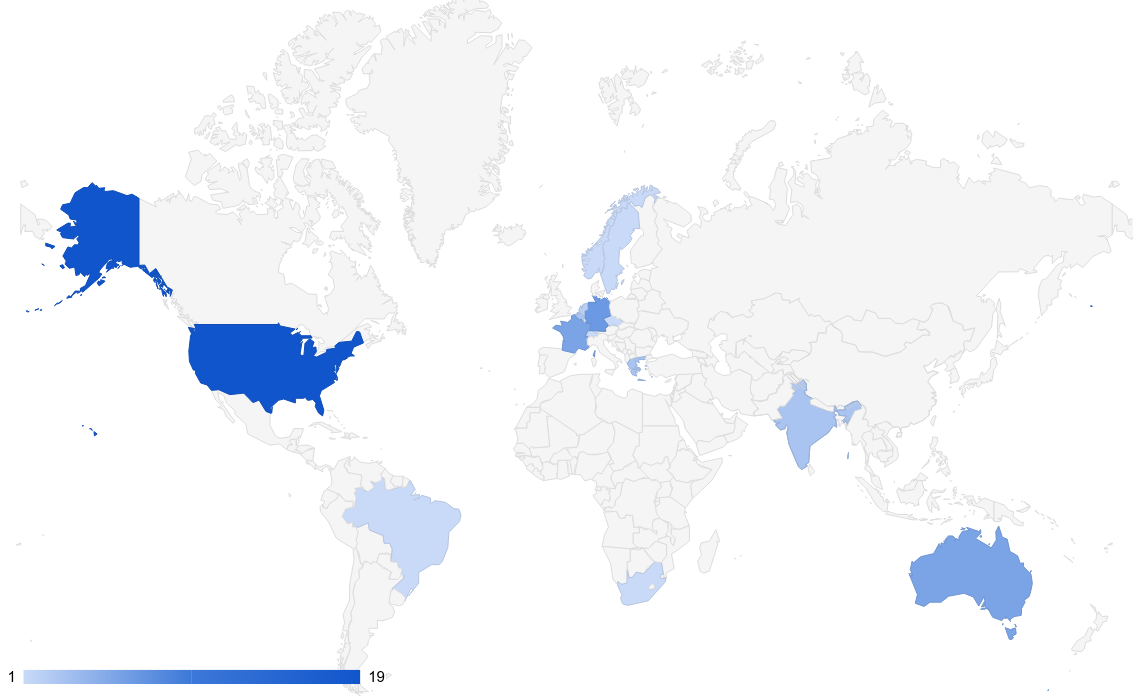
The asynchronous format did not only allow participants to manage their time better, but also instructors. With over 60 instructors -all volunteers from the global Galaxy community- available on Slack throughout the week to answer questions, instructors were also able to combine support for this event with other responsibilities while still retaining continuous coverage of instructors.
Feedback
The feedback from students was very positive. Most students found the training extremely useful to them.
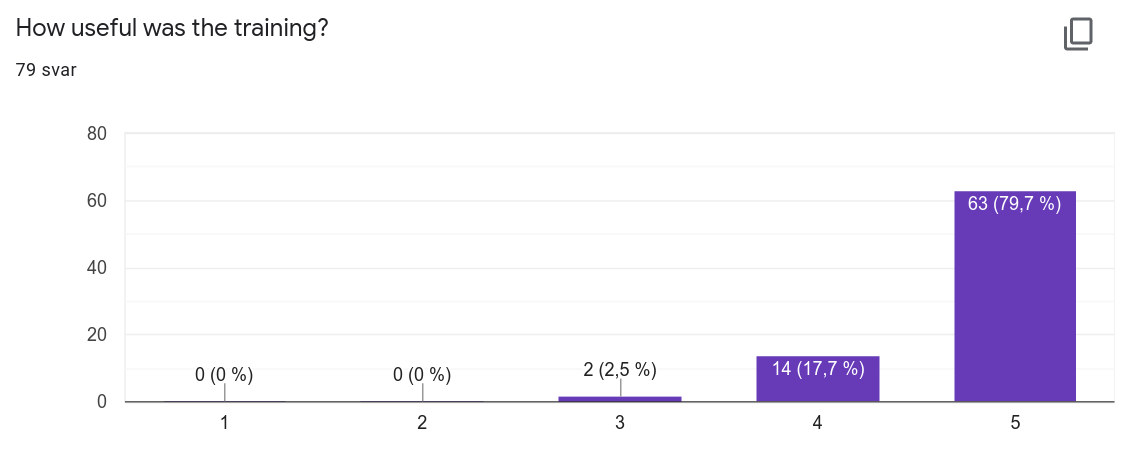
Importantly for us, most students compared this event favourably with a face-to-face training, reporting “I am very happy with my virtual experience”.
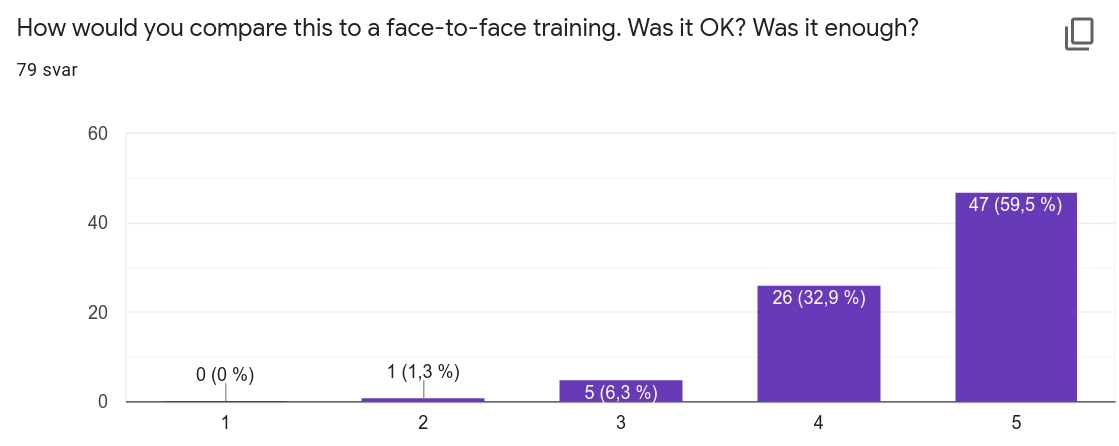
And likewise, many people were very, very happy with the videos as a format.
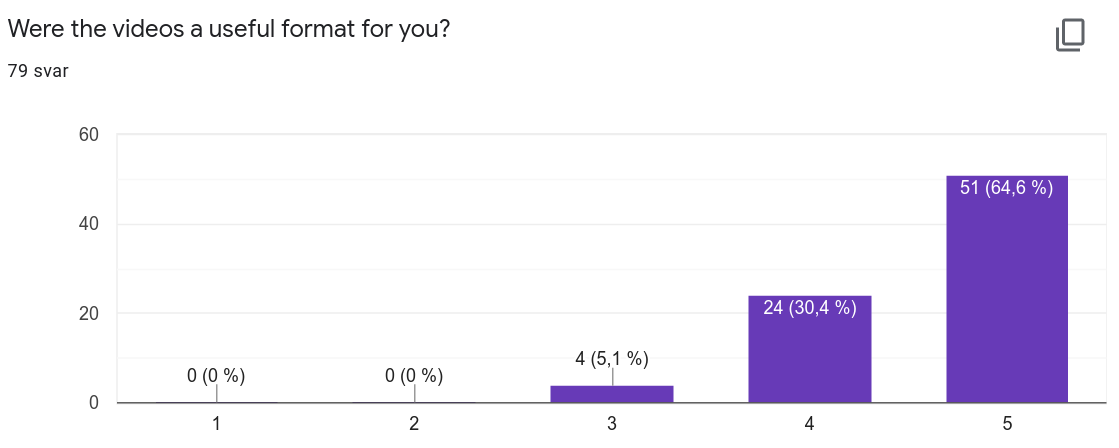
We asked students about the best and worst aspects of the event. They identified a number of things they really liked
| “Best” Aspect | People reporting this |
|---|---|
| [Specific Topic] | 27 |
| Async / Flexibility for them | 20 |
| Tutorials | 17 |
| Videos | 12 |
| Instructors | 10 |
| Community & Icebreakers | 9 |
| Organisation | 8 |
Students provided additional feedback which we really appreciated. Flexibility ranked very highly for participants:
I could focus on the parts that I found the most interesting, flexible schedule.
We worried about the ‘cost’ of the video production in terms of course preparation time but it was highlight again and again as an important feature:
The entire workshop was run very smoothly. The tutorial videos were clear and easy to understand. I enjoyed going through tutorials with the videos, rather than just clicking through the steps of a Galaxy tutorial on my own, where it tends to feel like I am just going through the motions. The added explanation of the instructors gave me additional clarity and understanding of the tools I was using.
Content! & detailed videos helped us to feel comfortable with tutorials and software, believe me, without videos just with tutorials we could be slightly less motivated to complete
One of the lowest rated aspects of our previous course was the lack of socialisation, but here we received only positive comments. Everyone understands the issues of the pandemic and the interactions in the icebreakers were useful for helping people get to know each other despite the separation:
The best parts, in my opinion, were the quality of the trainings and precise information/instructions, as well as the fruitful interaction between trainers and attendees on Slack. I also enjoyed the daily icebreakers, it was really nice to feel like part of the community.
Likewise we asked about the worst aspects of the event for them:
| “Worst” Aspect | People reporting this |
|---|---|
| Too much content for 1 week | 11 |
| Specific tutorial | 4 |
| Too much/little detail in video | 4 |
| Waiting for Galaxy | 2 |
Many people reported similar experiences regarding the volume of the content. It is an unfortunate reality that bosses and colleagues often see online events differently to in-person training:
The time to do all the tutorial. For people who are working is difficult to organize work with the course.
I thought I would be faster, there were more tutorials i wanted to try
That said, we did not expect people to attempt to complete everything, especially due to the diversity of content we covered. We have changed our wording in upcoming events to call them “modules” rather than “days” to help re-enforce that students should pick the topics which are interesting to them.
Accessibility
There are a few responses from attendees we especially want to highlight. Captioning all of the video material was an extremely important point for us for accessibility. 8 people specifically requested captions for the videos in the accommodations section of the registration form, and we were so happy to be able to accommodate them.
It’s awesome that you added subtitles to everything. Way to go to remove barriers! [..] Hats off to you! I really profit from the subtitles, can even follow videos without sound that way.
This enabled not only d/Deaf/HoH participants to attend, but also those who might have struggled with the accents of our instructors, or the rate at which they spoke. Another 8 registrants specifically requested recordings (something they might have missed in the course advertising) but yet another fantastic benefit of asynchronous events like ours is that all materials remain online and participants can follow them at their own pace, reviewing them as needed.
Infrastructure
This course was made possibly through the support of the 3 largest Galaxy servers, Galaxy Main in the US, Galaxy Europe, and Galaxy Australia. The teams behind each of those Galaxy servers invested a lot of time and effort to ensure all necessary tools were available and running smoothly, and that sufficient resources were available to handle such a large number of participants at the same time. By using 3 Galaxy servers in geographically distinct locations, the computational load was spread out over multiple sites, and participants could use the server nearest them for the best experience. This also meant we had fallback options in case one of the servers experienced any downtime (which they did not).
The First of Many?
With the ovewhelmingly positive feedback from both paticipants and instructors, we hope to make this a recurring (likely annual) event. While in-person event will become possible again after the pandemic ends, many of the advantages of this online asynchronous format remain, and provide accessible training to a large number of participants from around the world who may face barriers to attending in-person events.
Thank You
We’d like to say thank you to all of our speaker, instructors, sysadmins and sponsors!
Instructors
A huge thank you to the instructors who produced videos, as well as the huge number of folks who helped edit and correct captions and answered questions online during the week. We could not have done this without you!
Acknowledgements
We are grateful to the US Galaxy Team for providing resources on UseGalaxy.org. Likewise, a significant portion of our infrastructure was graciously provided by Galaxy Australia and Galaxy Europe. And of course thanks to all our speakers and instructors from institutes around the world for their time and effort to help make this event a success!
